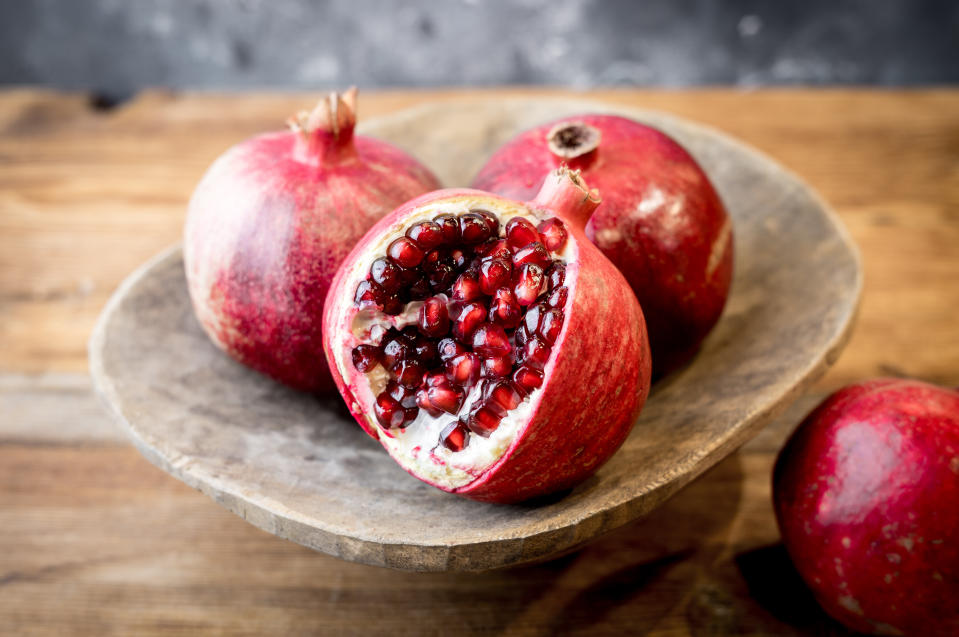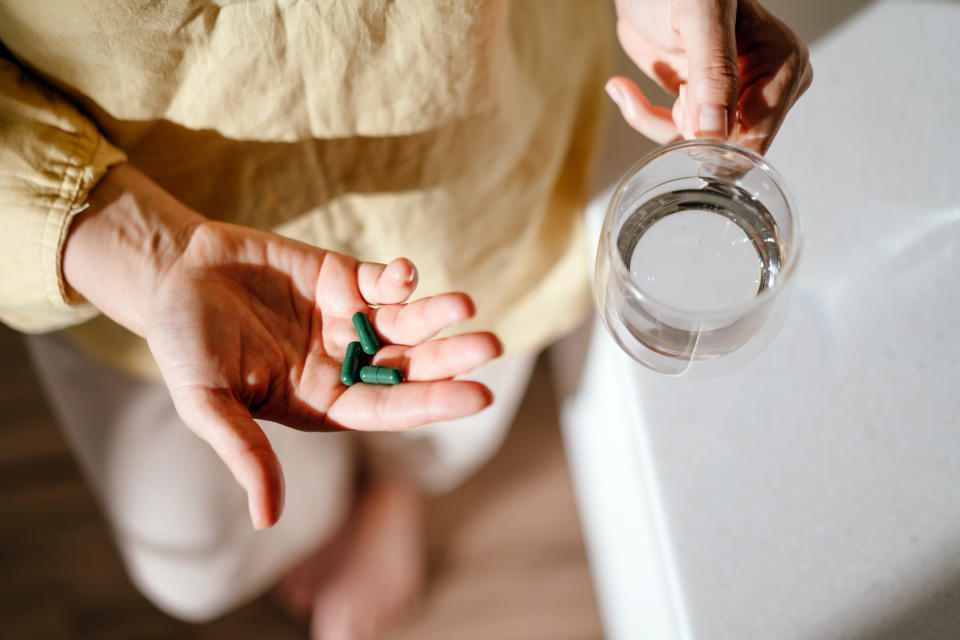This Nutritionist Shares His First Diet Tips For Adults, And The Health Benefits Are Endless.
Every decade of our lives feels a little different. Most of us are used to having unlimited energy in our 20s even after four hours of sleep and a few margaritas, and we need a lot of sleep (and less alcohol) in our 30s. Starting from birth, our bodies and nutritional needs change – which is why it makes sense that we need more food as we age.
Certain foods can help with energy levels as we age, explains Kimberly Gomer, a registered dietitian and former director of nutrition at the Pritikin Longevity Center. But diet can also be key to disease prevention. He said: “The root cause of all disease, whether it’s heart disease, cancer, diabetes, obesity or dementia, can be caused by inflammation. “How that inflammation responds to our body. it seems to increase as we age, causing disease and suffering. Eating anti-inflammatory foods, along with eliminating foods that cause inflammation, is key to maintaining physical and mental health as we age.
1 food you should eat more of as you age


If you’re looking for a special diet that can support the health of the needle, the experts we spoke to recommended choosing a high-quality fatty protein, namely salmon. “Fatty fish, such as salmon, are rich in EPA (eicosapentaenoic acid) and DHA (docosahexaenoic acid),” which are long-chain omega-3 polyunsaturated fatty acids, explained Dr. Kevin Cooke, a board-certified primary care physician who specializes in long-term medicine and brain function. “Adults should aim to include these in their diet at least twice a week to boost omega-3 intake, which supports brain health and reduces inflammation.”
Gomer added that we need protein for muscle maintenance and strength, and healthy fats for hormones and fat-soluble vitamins. “As we age, we will naturally lose muscle mass – if we don’t use it, we lose it,” he said. “And as we get older, many things can happen in our lives where we don’t work well and don’t have the will to build and maintain muscle. All of our cells, including brain cells, need healthy fats to function. If we don’t provide them, we can get into physical and mental problems.”
Edwina Clark, a registered dietitian, added that if salmon isn’t your thing, other sources of high-quality protein can include skinless chicken, eggs and tofu. It is especially important for those 65 and older. “Studies show that the ideal protein intake for adults is 1-1.2 grams [per kilogram of body weight], which is higher than the general recommendation for adults of 0.8 grams per day,” he said. Keep that in mind, any of the foods listed can be good to help you meet your needs.
Some foods to consider adding to your plate


While packing in protein and healthy fats is a good idea as you get older, Cooke notes that leafy greens — like kale or spinach — are also smart additions, especially if you’re not eating a lot of them. now. “Leafy vegetables are high in lutein, zeaxanthin and other antioxidants,” he said. These are also a great source of B vitamins, such as folic acid, niacin, riboflavin and vitamin B6, which are important for brain function.
Clark also recommends pomegranates. “Pomegranates are a rich source of antioxidants to fight oxidative damage and contain a group of compounds called ellagitannins,” he said. “Ellagitannins are converted into a substance called urolithin A by gut bacteria in some people, and urolithin A has been shown to reverse some of the effects of aging, including muscle loss. Pomegranates are also a rich source of fiber … and they help regulate blood sugar, promote hunger, and protect against colon cancer.”
How nutritional needs differ for men and women


Men and women have different nutritional needs at every stage of life, including as they age. “Men generally need a higher protein intake to maintain muscle mass, which can decrease with age,” Cooke said. “They also have higher caloric needs due to greater muscle mass and a higher metabolic rate, although this need decreases as they age. Zinc is very important for men as it supports health prostate health and immune function.”
For women, calcium and vitamin D are important for maintaining healthy bones, especially after menopause when the risk of osteoporosis increases. “Iron needs decrease after menopause, but it’s still important for energy levels,” Cooke said. “Folate is important for mental and cardiovascular health. In addition, phytoestrogens, found in soy products, can help reduce the symptoms of menopause.
What about supplements?


Supplements seem to be everywhere these days, so you may be wondering if you can use them to fill in any nutritional gaps. While the jury is still out on how effective supplements are, Gomer said, in most cases they don’t hurt — as long as you’re trying the diet first.
“If a person has a known weakness, it is always better to use food first as the nutrients in food are usually better received and absorbed by the body,” he said. But sometimes a supplement is needed. That should be taken into account when the lab test to see the first basis is done, partial For example, many of my clients are deficient in vitamin D, which is difficult to get from food alone, so a supplement may help.”
Although nutrition can feel more complicated as we get older, it doesn’t have to be. You can be sure that if you eat salmon a few times a week and sneak in a handful of leafy greens, you’re in pretty good shape.This article was originally published HuffPost.
#Nutritionist #Shares #Diet #Tips #Adults #Health #Benefits #Endless
